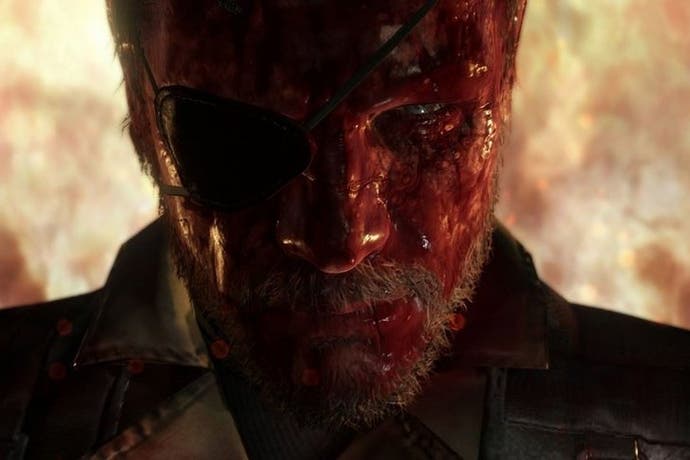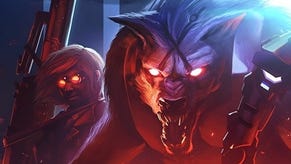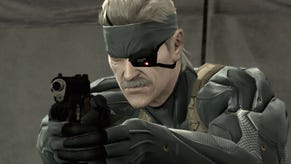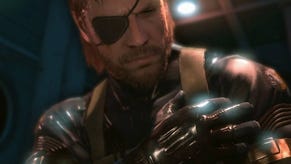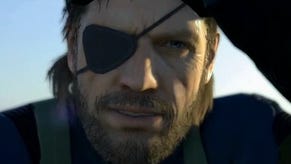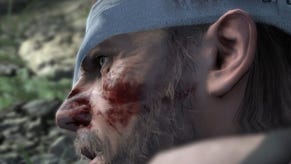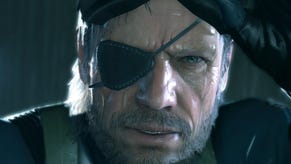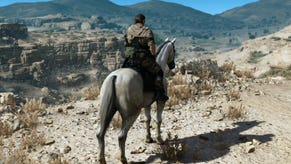Metal Gear Solid 5: The unfinished swan song
Wow them in the end. Or don't.
"Wow them in the end" was screenwriting guru Robert McKee's mantra in Charlie Kaufmann's meta-masterpiece Adaptation. In real life, McKee's received as much criticism as he has acclaim, but I've always found that particular piece of advice his most sound. After all, how many movies have been acclaimed due to their final moments? From Citizen Kane to The Usual Suspects, that final shot can be what makes an incredible film.
When it comes to video games, however, this emphasis on a compelling closer is rarely put into practice. The reason for this is simple: games are long and most people don't finish them. The greatest ending in the world won't matter if the majority of players bail long before getting there. Games like BioShock, Deus Ex: Human Revolution and Batman: Arkham Asylum are all guilty of going limp in the final stretch. Now you can add Metal Gear Solid 5: The Phantom Pain to that list. Now, it's only fair to warn most of you that I'm going to get into very high SPOILER territory for MGS5 from here on out. Consider yourself warned.
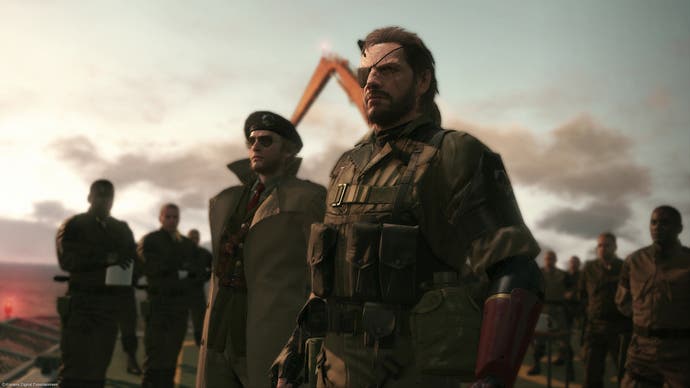
Regardless of whether you think The Phantom Pain's story is genius or juvenile, it's nearly impossible to argue that the game quite simply isn't finished. It's not that there are too few boss fights, and too many plot threads left dangling. Instead, the game's finale explicitly had to be scrapped, while the current conclusion halts abruptly with hardly any closure at all.
Just to be clear, here's how The Phantom Pain ends:
In one of the game's final cutscenes, Eli (who becomes the villainous Liquid Snake in Metal Gear Solid) and his army of child soldiers steal a giant robot dinosaur that can launch nukes. (Oh, Kojima!) The final scene, however, is actually a flashback where we learn that our character in The Phantom Pain wasn't actually Big Boss, but rather his medic given plastic surgery and hypnotherapy to believe he's Big Boss. Everyone else believes it too. Then we see the real Big Boss ride off on a sweet motorcycle to build his own private army while his doppelgänger (or Phantom) does the same. Cut to credits.
It's a mind-boggling twist, albeit one that doesn't make much sense. But this is also a game where a psychic child conjures a giant flaming whale from the sky, so "making sense" isn't exactly a priority of Kojima's. There's one other key problem with this ending: what about the bad guy who just stole your nuclear weapon just one scene ago?
Under different circumstances it would be easy to assume that this loose plot thread is setting up a sequel or DLC. But we all know Kojima is leaving Konami and Kojima Productions no longer exists in the way we've always known it. Furthermore, the game's Collector's Edition ships with a bonus scene on DVD that shows us the cutting room floor of the game's unfinished final mission. The animation isn't finished, but the video [below] uses in-development assets, concept art and narration to show us the ending Kojima had in mind regarding the whole Eli running off with a Metal Gear plot.
It looked like a pretty cool scene on its own, but, more importantly, it would have provided closure. Personally, I found The Phantom Pain's story to be silly enough that I wasn't terribly invested in the plot, but that's not why this scene is important. Rather, it's vital because it was the final piece of Kojima's vision. His last goodbye, in other words. For someone who's dedicated nearly 30 years of their life to a series, it's a crying shame that he didn't get to go out on his own terms and instead had his final chapter unceremoniously scrapped at the eleventh hour.
It's not a matter of MGS5's ending being good or bad. It's a matter of it honouring the director's vision. MGS4's ending was spectacularly dull, but having Big Boss show up to literally talk himself to death felt like the master saying "Kojima out!" This time it feels like him limply walking away as the coffers ran dry.
It's easy to get mad at Konami here. It supported Kojima for years, helping him fulfil his vision, then the two had a row and the publisher didn't allow him and his team the time or money needed to wrap up his three decade spanning saga. But the harsh reality is that from a business standpoint, you can see some sense in Konami's move.
The conclusion to MGS5 would have been expensive. More to the point, the game didn't need it to receive exceptional reviews and mammoth sales. Rich Stanton awarded it a the rare Eurogamer Essential gold badge of honour, and I may well have done the same. The Phantom Pain is among the most enjoyable games I've played in years, maybe ever. With mechanics as solid as Snake's, you don't actually need to wow them in the end to sell millions.
Fans will bitch about this, of course. I'm doing as such right now. But the end result is that I, and others like me, still bought the game. We still had a good time with it. We still recommended it to our friends. Sure, we moaned about its finale on Twitter, Facebook, and message boards, but by this point Konami had already won. The money was in its hands.
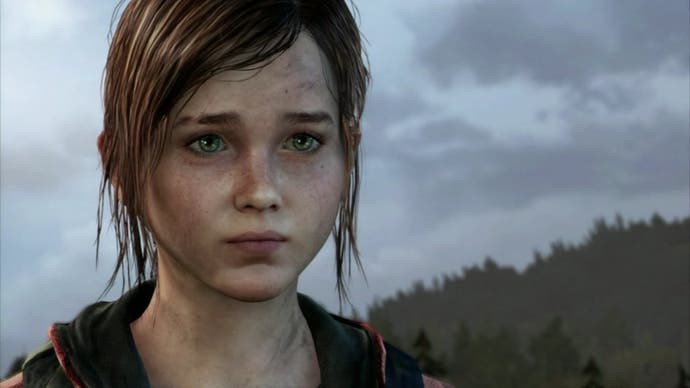
Perhaps we're all a little responsible for this. We all go along with it because the alternative - not buying the game - is worse. All we can really do then is complain, yet money speaks more than words. There was a time where this complaining did make a difference, of course. A vast majority of players, or at least a very vocal minority, expressed extreme dissatisfaction with the way Mass Effect 3 ended up. The community's response was so volatile that the game's developer, BioWare, actually changed the conclusion. I don't think this is the way to go about it either. Gamers, as a culture, have a tendency to be overly entitled. If we don't get the ending we want, we complain. That's a pretty dangerous precedent when it comes to artistic expression.
Games are so often a compromise - between the developer's ambitions, the fan's expectations and the financial reality imposed by publishers. Metal Gear Solid 5: The Phantom Pain's genius shines through, but so too does the compromise. Somewhere along the line Kojima and those funding his work at Konami parted ways and rather than find a middle ground, the divergent parties let their conflicting priorities very visibly leave their mark on the final product.
